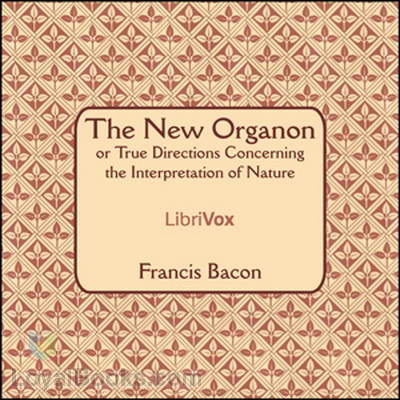In "The New Organon Or True Directions Concerning The Interpretation of Nature," Francis Bacon presents a revolutionary approach to understanding and interpreting the natural world. Through his concept of the "New Organon," Bacon encourages readers to set aside traditional modes of thinking and instead embrace a more empirical and experimental approach to scientific inquiry.
Bacon's emphasis on observation and experimentation as the primary means of acquiring knowledge marks a significant departure from the prevailing Aristotelian paradigm of his time. By advocating for a method of inquiry rooted in tangible evidence and repeatable experiments, Bacon lays the groundwork for the development of modern scientific methodology.
One of the key strengths of Bacon's work is his recognition of the importance of skepticism and humility in the pursuit of knowledge. By acknowledging the limitations of human understanding and the possibility of error in interpreting nature, Bacon encourages a more cautious and methodical approach to scientific investigation.
Overall, "The New Organon Or True Directions Concerning The Interpretation of Nature" is a foundational text in the history of science, presenting a bold and innovative vision for how we can uncover the secrets of the natural world. Bacon's ideas continue to influence and inspire scientists, philosophers, and scholars to this day.
Book Description:
The Novum Organum is a philosophical work by Francis Bacon published in 1620. The title translates as “new instrument”. This is a reference to Aristotle’s work Organon, which was his treatise on logic and syllogism. In Novum Organum, Bacon details a new system of logic he believes to be superior to the old ways of syllogism. For Bacon, finding the essence of a thing was a simple process of reduction, and the use of inductive reasoning . . . This work was critical in the historical development of the scientific method.
